The stability and versatility of gold nanoparticles make them an ideal candidate for implantable sensors


The stability and versatility of gold nanoparticles make them an ideal candidate for implantable sensors
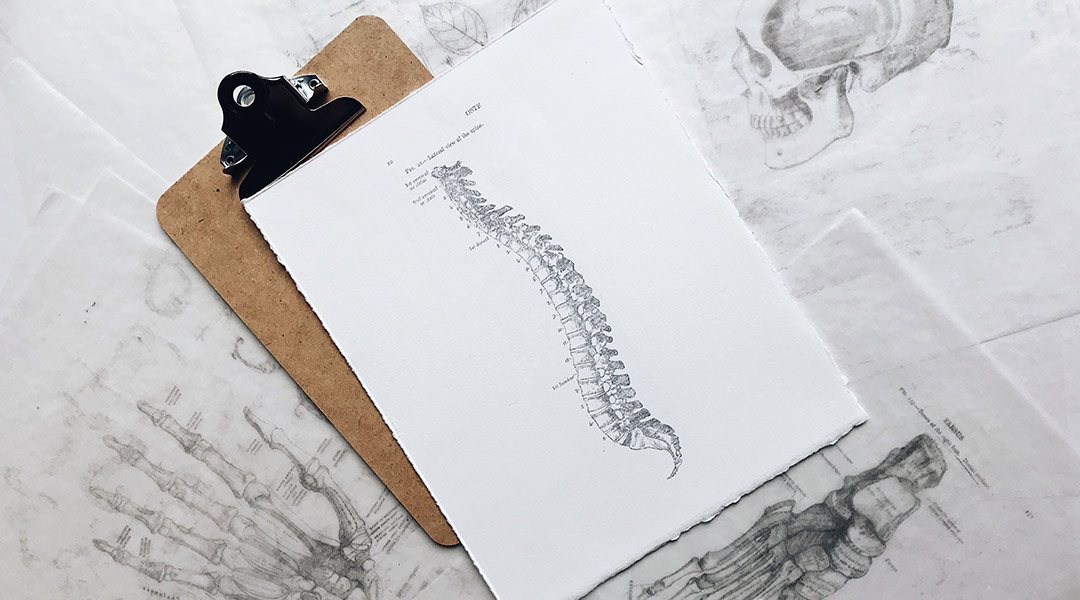
A hydrogel loaded with drugs to simultaneously regenerate nerve tissues and blood supply shows promise for promoting recovery after spinal cord damage.
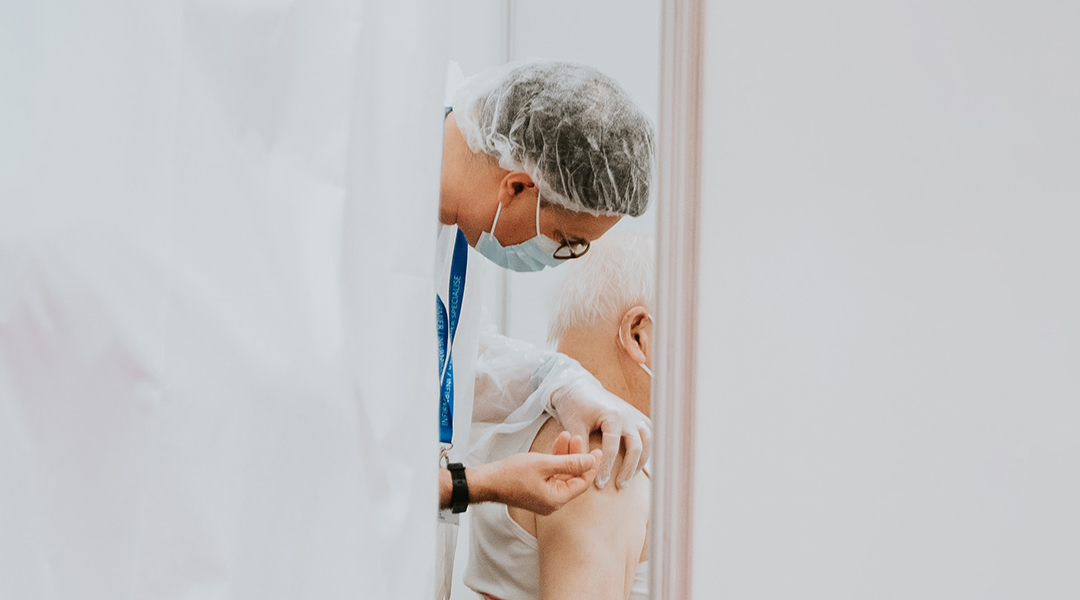
The strength of immune responses after the first dose of COVID-19 vaccines could make or break this strategy and policy makers need to be able to adapt.
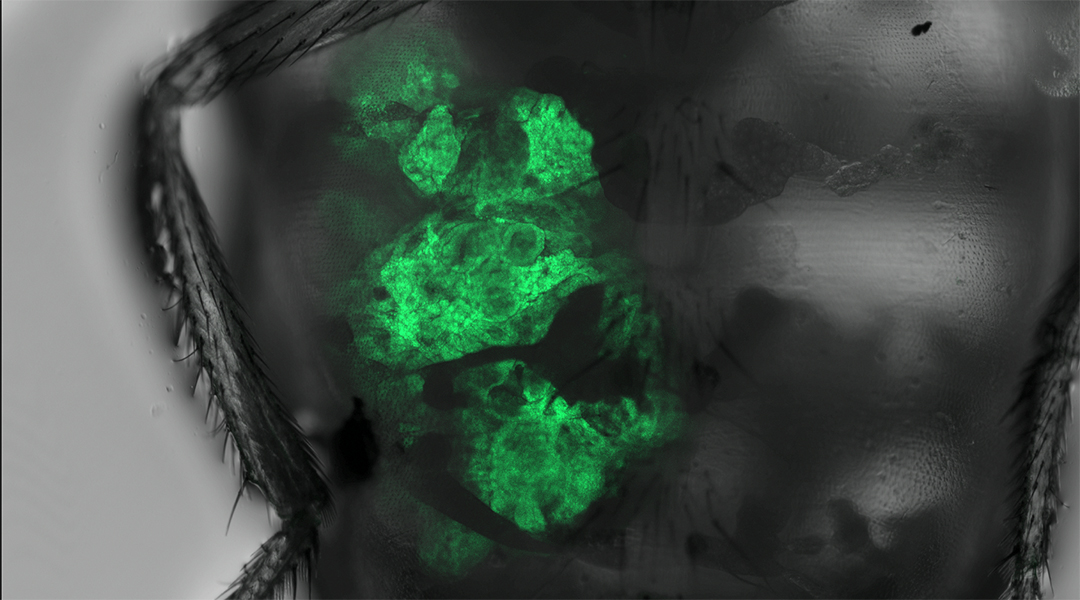
The flies may be tiny, but they can teach us the greatest of lessons in cancer biology and beyond.
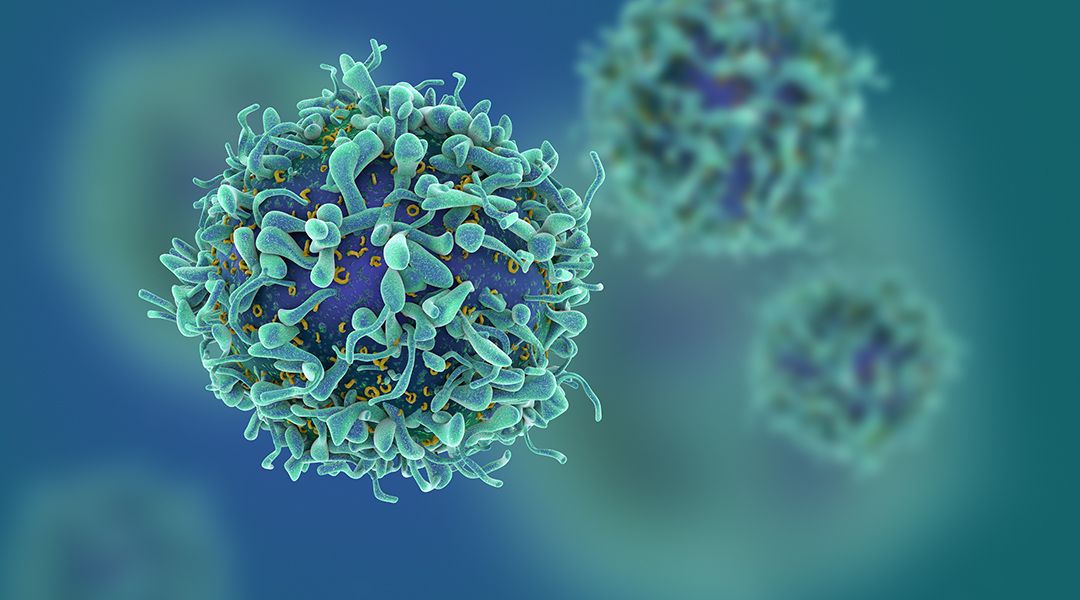
Delivering vaccines directly to the lungs can boost immune responses to respiratory infections or lung cancer, study finds.
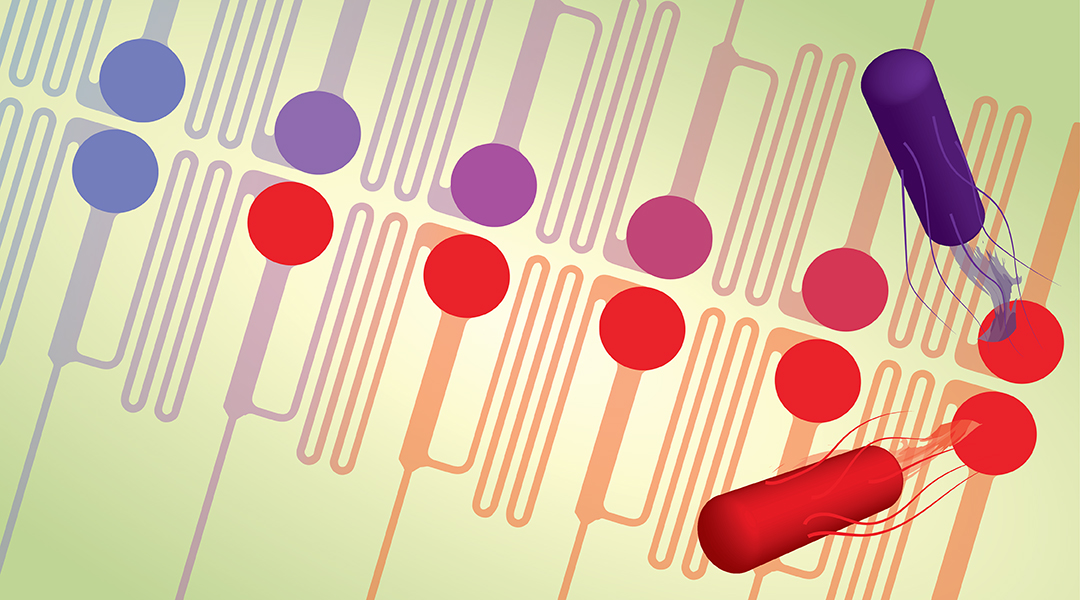
A well-based microfluidic device allows researchers to generate important data that are needed to better understand the parameters that influence evolution in bacteria to combat antibiotic resistance.
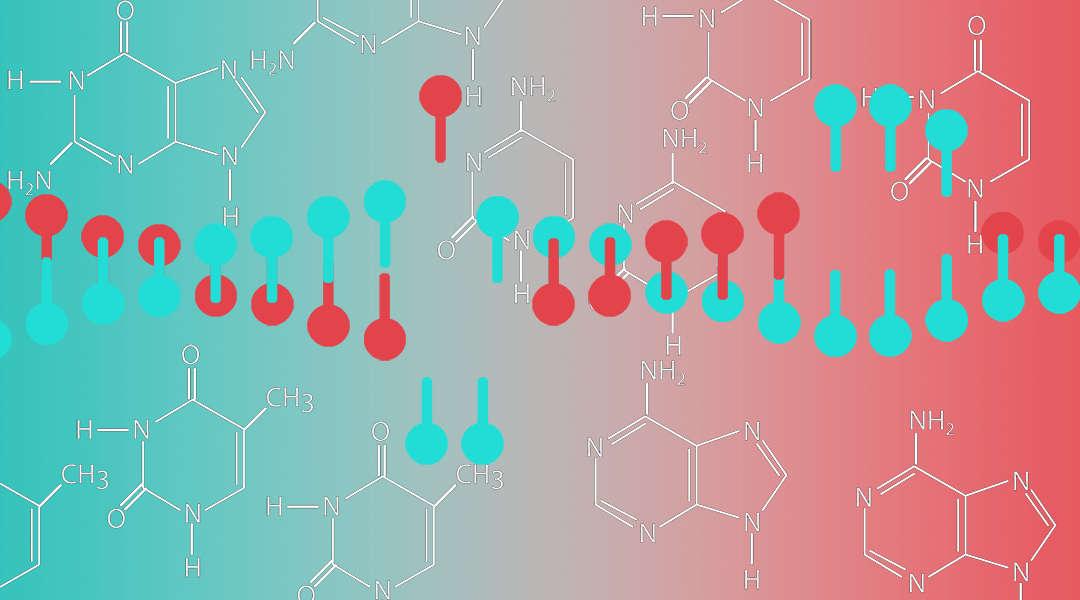
Here we take a look at how CRISPR, the revolutionary “molecular scissors”, works and where its being used.
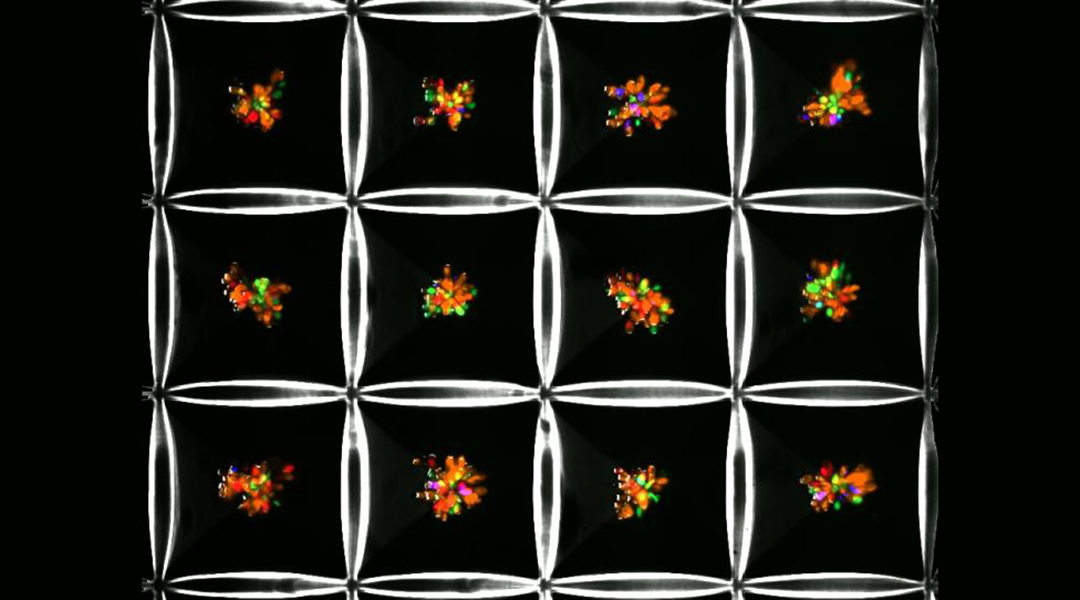
A structurally representative liver-on-a-chip models the full progression of non-alcoholic fatty liver disease, which researchers hope will lead to better treatments.

Recent advances in micro- and nanoscale sensing technologies may help diagnose sepsis early and with greater accuracy.
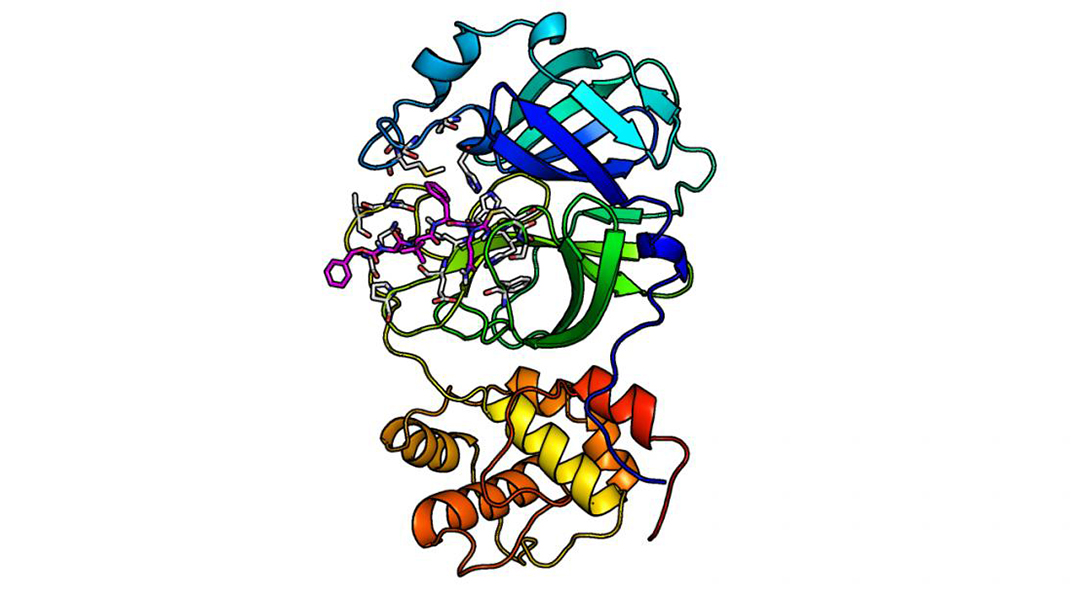
New active substances that can block the replication of the SARS-CoV-2 coronavirus discovered in proof-of-concept study.